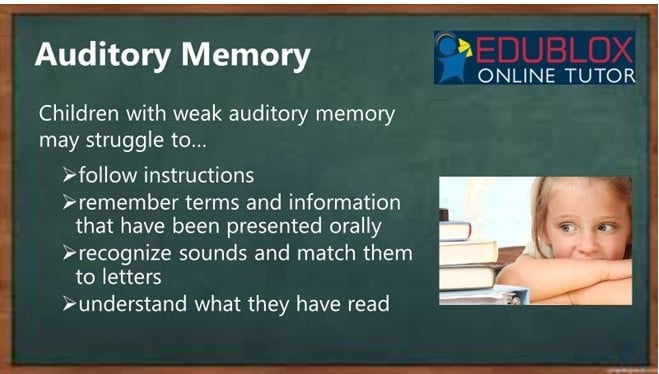
RELEASE Collaborators Brady MC, Ali M, VandenBerg K, Williams LJ, Williams LR, Abo M, Becker F, Bowen A, Brandenburg C, Breitenstein C, Bruehl S, Copland DA, Cranfill TB, Pietro-Bachmann MD, Enderby P, Fillingham J, Lucia Galli F, Gandolfi M, Glize B, Godecke E, Hawkins N, Hilari K, Hinckley J, Horton S, Howard D, Jaecks P, Jefferies E, Jesus LM, Kambanaros M, Kyoung Kang E, Khedr EM, Pak-Hin Kong A, Kukkonen T, Laganaro M, Lambon Ralph MA, Charlotte Laska A, Leemann B, Leff AP, Lima RR, Lorenz A, MacWhinney B, Shisler Marshall R, Mattioli F, Maviş İ, Meinzer M, Nilipour R, Noé E, Paik NJ, Palmer R, Papathanasiou I, Patricio B, Pavão Martins I, Price C, Prizl Jakovac T, Rochon E, Rose ML, Rosso C, Rubi-Fessen I, Ruiter MB, Snell C, Stahl B, Szaflarski JP, Thomas SA, van de Sandt-Koenderman M, van der Meulen I, Visch-Brink E, Worrall L, Harris Wright H. Larger sample size studies are needed to further examine the influence of intensity on improvements in auditory comprehension. Preliminary results suggest that some people with severe chronic aphasia can tolerate an intensive auditory comprehension treatment and demonstrate improvements in high-frequency, word-level response accuracy with large effect sizes suggesting generalization to untrained stimuli.Īn intensive auditory comprehension treatment protocol can contribute to improvements in response accuracy for some people with severe aphasia. For example, auditory processing helps a person hear the difference between. Distinguish between similar sounds or words.
A person with an auditory processing disorder is perfectly aware of sounds.
#Auditory comprehension verification
A high-frequency, word-picture verification treatment was administered 2 hr/day, 5 days/week for 4 weeks and required participants to match the spoken word of the examiner to a picture representing an object. This includes the ability to: Hear speech and other sounds. This single-case ABA design study included 2 participants with chronic, severe auditory comprehension deficits secondary to stroke. Research questions: (a) Can people with severe aphasia tolerate an intensive comprehension treatment? (b) Does an intensive intervention increase auditory comprehension response accuracy of spoken high-frequency words? The overall goal of targeting auditory comprehension is to help students think about what they are hearing and better understand and comprehend auditory information. Reading Paragraph Comprehension 3 Reading: Word Matching 2.

Our purpose was to examine the feasibility and influence of a high-intensity word-picture verification treatment on high-frequency, word response accuracy. Picture Identification I Picture Identification II Picture Identification III Auditory Yes/No Questions: Level 1.

Studies examining intensive rehabilitative treatments for severe single-word auditory comprehension impairments are needed. Severe auditory comprehension impairments secondary to aphasia can adversely influence rehabilitative outcomes and quality of life.


 0 kommentar(er)
0 kommentar(er)
